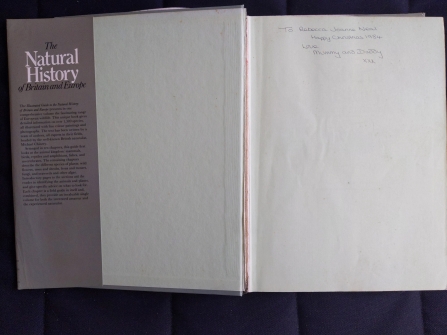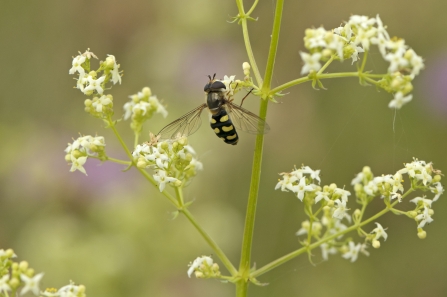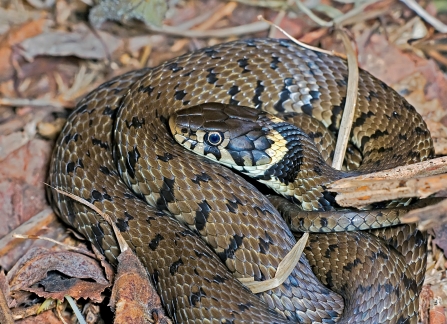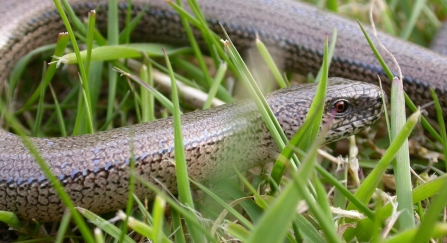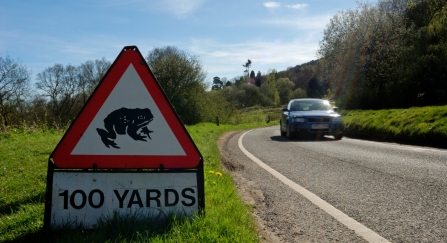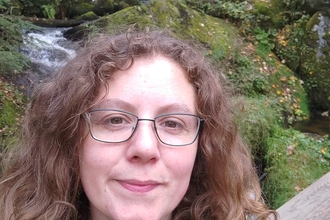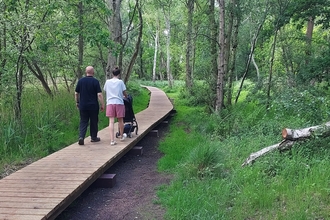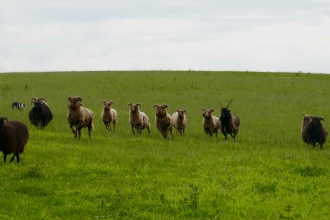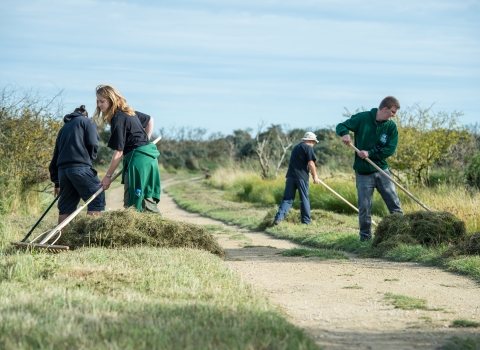Inspiration
I recently discovered that I have been appreciating a book on natural history given to me by my parents, since 1984! My interest started with watching the birds in our garden with my mum (I remember getting very excited about identifying a reed bunting that visited our feeder), and from wandering Epping Forest looking for fly agaric mushrooms for my dad to photograph. As a family, we used to watch lots of David Attenborough programmes together, and despite not having much money, my mum signed me up to the junior membership of the RSPB (at the time this was called the YOC). In primary school, I was good friends with the daughter of a nature reserve warden and we visited the local reserve often. I think I even went to a wildlife club there a few times. I was lucky enough to have had a free-range child-hood where I was allowed to cycle all over town, run around the woods and fields, and climb trees. Nature was always part of my life, but I didn’t think about it as a career until my 20s.


